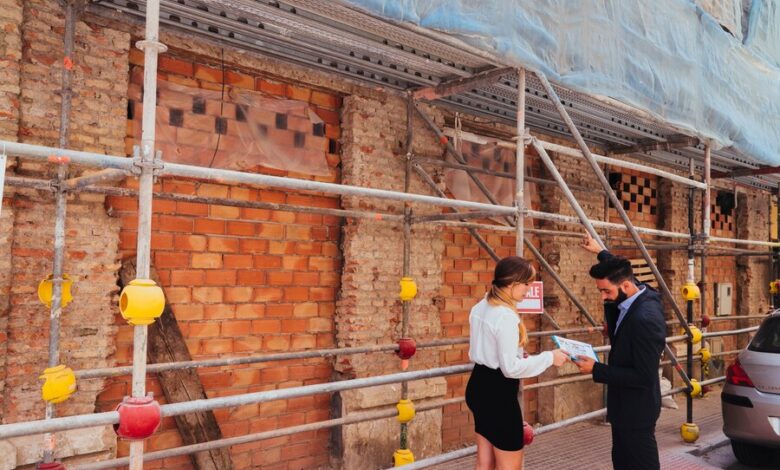Residential Seawall Construction: What Homeowners Need to Know

Living near the coast has its benefits, from beautiful views to easy access to the beach. However, it also comes with certain challenges, particularly when it comes to protecting your property from the effects of erosion and flooding. This is where residential seawall construction becomes crucial.
Seawalls are structures designed to prevent the erosion of soil and the flooding of coastal properties by absorbing or deflecting the force of waves. If you are a homeowner considering seawall construction, it is important to understand the process, benefits, and potential drawbacks involved. In this article, we will provide you with the information you need to know before embarking on a residential seawall project.
The Purpose of a Seawall
Before diving into the details of seawall construction, it is important to understand why these structures are necessary. Seawalls serve several purposes, all related to protecting coastal properties from the damaging effects of erosion and flooding. First and foremost, seawalls act as a barrier to absorb or deflect the force of waves, preventing them from reaching the property.
This helps to prevent erosion of the shoreline and protects the land behind the seawall from being washed away. Additionally, residential seawall construction can help to reduce the impact of storm surge during severe weather events, providing an added layer of protection for homeowners living in flood-prone areas.
The Construction Process
Seawall construction is a complex process that requires careful planning and execution. The first step in the construction process is site evaluation. This involves assessing the condition of the shoreline, evaluating the potential for erosion, and determining the appropriate type and design of the seawall.
Factors such as wave height, soil composition, and tidal range all play a role in determining the most suitable seawall design for a particular location.
The Benefits of Seawall Construction
Investing in a residential seawall can provide homeowners with several benefits. First and foremost, a well-constructed seawall can protect the property from erosion and flooding, minimizing the risk of damage and costly repairs.
Seawalls can also enhance the aesthetic appeal of the property, providing a visually pleasing barrier between the land and the water. Furthermore, by preventing erosion, seawalls can help to preserve the natural habitat and ecosystem of the coastline, which is important for the overall health of the environment.
Potential Drawbacks
While there are many benefits to residential seawall construction, it is important to consider the potential drawbacks as well. One of the main concerns associated with seawalls is their impact on the natural environment.
Seawalls can disrupt the natural flow of water along the coastline, which can have negative consequences for marine life and ecosystems. They may also contribute to beach erosion in the long run, as they can prevent the natural deposition of sediment on the shore.
Conclusion
Residential seawall construction is an important consideration for homeowners living near the coast. Seawalls provide essential protection against erosion and flooding, helping to safeguard coastal properties from the damaging effects of waves and storm surge. However, the construction process is complex and requires careful planning and execution. Homeowners must also consider the potential benefits and drawbacks of seawall construction before making a decision. By understanding the purpose of seawalls, the construction process, and the potential impacts, homeowners can make informed choices and take proactive measures to protect their valuable coastal properties.



